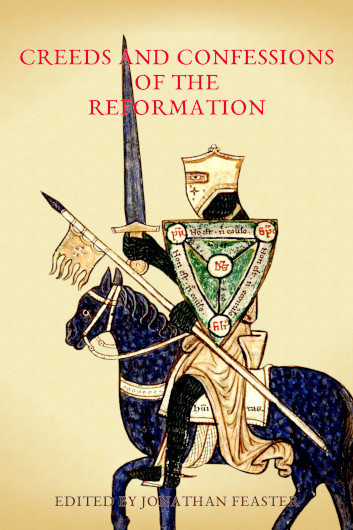
Includes:
Apostles’ Creed, A.D. 650
Nicene Creed, A.D. 381
Chalcedonian Creed, A.D. 451
Athanasian Creed, c. A.D. 800
Belgic Confession, A.D. 1561
Heidelberg Catechism, A.D. 1563
Canons of Dort, A.D. 1619
Westminster Confession, A.D. 1647
Westminster Larger Catechism, A.D. 1648
Westminster Shorter Catechism, A.D. 1648
It is often said that the church needs to return to the New Testament church. What is meant is a return to Biblical Christianity. This is precisely what the reformers sought to do. While the reformed faith passionately affirms the ancient universal creeds of the church, it also produced some of the richest and most detailed creeds that the church has ever known such as the Three Forms of Unity (Belgic Confession, Canons of Dort, Heidelberg Catechism) and the Westminster Confession of Faith. It is in these documents that the only infallible rule of faith and practice, Holy Scripture, is so faithfully and brilliantly confessed.
Reformed theology is sometimes termed Pauline, sometimes Augustinian, and popularly Calvinist. While all of this is true enough, the great Pastor Theologian C.H. Spurgeon put it best when he said, Reformed theology is nothing other than biblical Christianity.
Ebook available on: Amazon, Apple Books, Barnes & Noble, Kobo
